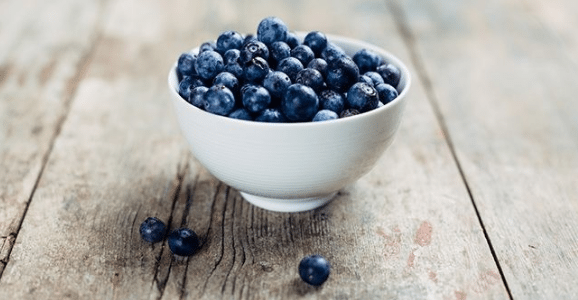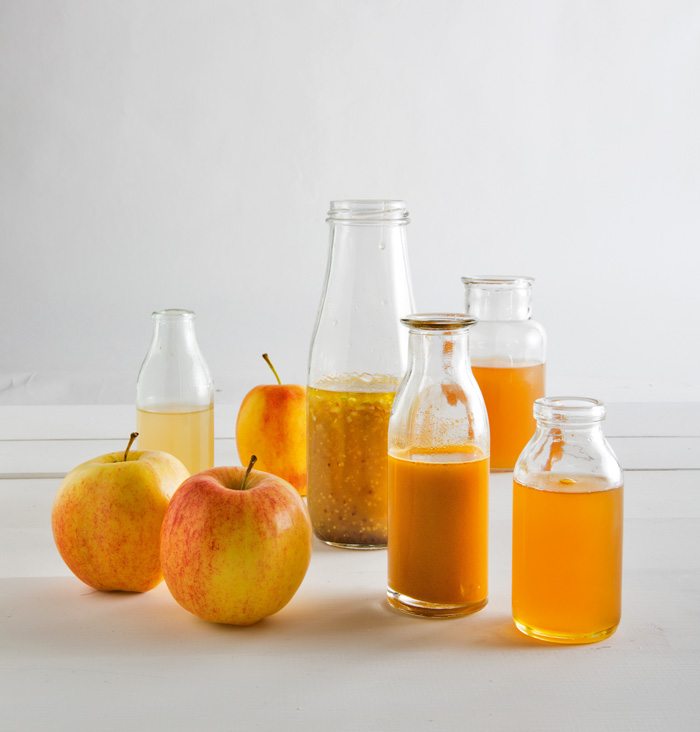The most familiar feelings of inflammation are those that appear on the surface which are often followed by redness, heat, swelling and pain. But another, more dangerous kind of inflammation can occur within our bodies.
Whilst inflammation is necessary for our survival – as our body’s natural healing response – inflammation in the gut, organs or outside of a localised area, can be incredibly destructive and potentially harmful. “The inflammation process has one goal: to respond immediately to detect and destroy the toxic material in damaged tissues before it can spread throughout the body,” explained Employee Wellness director and University of Alabama professor, Lauren Whitt.
“The trouble with inflammation occurs when the defence system gets out-of-control and begins to destroy healthy tissue, causing more damage than the original issue.” Whilst various environmental and genetic factors can contribute to this issue, one big aspect that can be controlled is our diet.
Foods to avoid that could contribute to inflammation
- Saturated fats from animals fed on genetically modified, corn, grains, antibiotics and hormones.
- Refined sugars and other refined foods – grains that are found in everyday foods like cereals, pasta and white bread tend to promote inflammation, as the process of refining tends to deplete fibre and vitamin B, which are needed to keep inflammation at bay.
- Trans-fats from shortening, hydrogenated oils and margarine.
Foods that fight inflammation
- Tumeric (Curcumin) – The yellow root, often ground and used as a spice, is one of nature’s most potent anti-inflammatories. Chinese and Indian medicine has lauded the benefits of this superfood for centuries, but the powers of curcumin are only now making their way into mainstream consciousness. Also a potent antioxidant, some studies have even provided evidence for its use over prescription products, that promise to deliver relief from joint pain.
- Nuts and fatty fishes (Omega-3 Fatty Acids) – eating a variety of nuts like almonds and oily fishes like salmon, mackerel and sardines, will provide your body with essential fatty acids for overall wellbeing and anti-inflammatory powers. Clinical trials have shown that Flax seeds, chia and walnuts also offer high levels of omega-3.
- Ginger – From the same family as tumeric, the root has been a popular cold and flu remedy in the general population for centuries and even longer in traditional Asian, Indian and Arabic systems of medicine. The anti-inflammatory powers of ginger act to inhibit prostaglandins, thereby reducing pain that can come from osteoarthritis and more.
- Blueberries (Resveratrol) – These powerful berries are low in sugar and packed with antioxidants and anti-inflammatory nutrients. They also act to increase the ability for cell membranes to absorb and transfer vital nutrients, in and out of cells in the body. It is important to look for organic varieties of blueberries to avoid toxins and other nasties.







